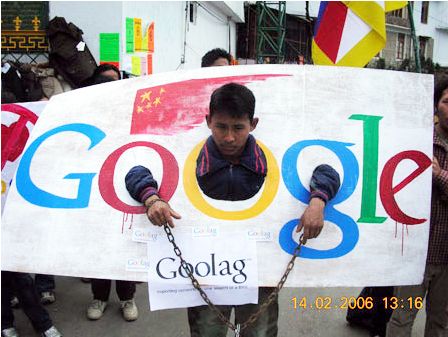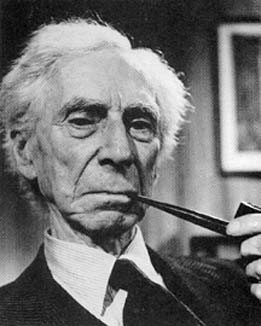I was asked to provide some thoughts on digital literacies for the Vice Chancellor, but rather than just do a dead email, in keeping with the spirit of the topic, I thought I'd put them in a blog post.
This isn't the research related view, but rather a personal perspective. Here are what I think are interesting about what we might term new digital literacies:
- Different voices - think of the bloggers you read the most. It might be people like Stephen Downes, David Warlick, Will Richardson, D'Arcy Norman, Alan Levine, Scott Leslie, Tony Hirst, etc. Now consider the top-cited researchers in educational technology journals. I'm not sure who they are, but my guess is it probably won't bear much resemblance to your top blog list. There are a few exceptions (Grainne Conole, Terry Anderson come to mind), but generally I think blogs have allowed people to find a different voice, and that has allowed very good writers who perhaps didn't find the academic journal an appropriate publishing outlet to have a voice.
- Reuse as an artform - Steve Jobs is fond of quoting Picasso's "Good artists borrow, great artists steal". The same might be said for new digital literacies "good educators borrow, great educators mashup". Taking existing material be it content, data, tools, and remixing it isn't just a shortcut or convenience, it is an independent skill of its own.
- Becoming a broadcaster - educators need to re-envisage themselves as broad-(or narrow)-casters. A lecture is a form of broadcast. You now just have many alternatives. Creating videos on your PC is, if not simple, at least achievable. Creating podcasts is a doddle. You can blog, slidecast, webcast, or hold forth in SecondLife. These are considerable skills to acquire, see for example the videos of Michael Wesch for how good they can be. Also, if you have the time watch all of Wesch's hour long lecture on a portal to media literacy to appreciate how the new digital literacies are not just nice add-ons but essential if we are to get students to participate in education.
- Multiple outlets - an additional point to the above, you now have many different possible outlets for your material, and often for the same material. A paper may appear in the conference proceedings, on your blog,on slideshare, scribd, etc. There are multiple ways of finding an audience.
- Social motivation - why do all this? Partly it's for the creative itch, we like to express ourselves, but more prominent in the digital literacies is the social motivation. If you post something you may get comments back, which may start a dialogue, which may lead to the expansion of your network.
- New metrics - I have talked a lot about this in the past, and I still don't know what the answer is. As I've often said, I don't want technorati to replace my RAE rating because it would end up influencing behaviour. But I do know that many of the traditional metrics we apply in higher education (e.g. publishing in 'quality journals' whatever they are), are simply irrelevant to understanding digital literacies.
- Openness as a starting point - following up from my previous post, part of acquiring digital literacies is about a mindset also. One of the cornerstones of this is that you start out with openness as a default - it may not always be appropriate, but it's where you start from. That way reuse, conversation and your own literacy develop.

 John recently posted
John recently posted